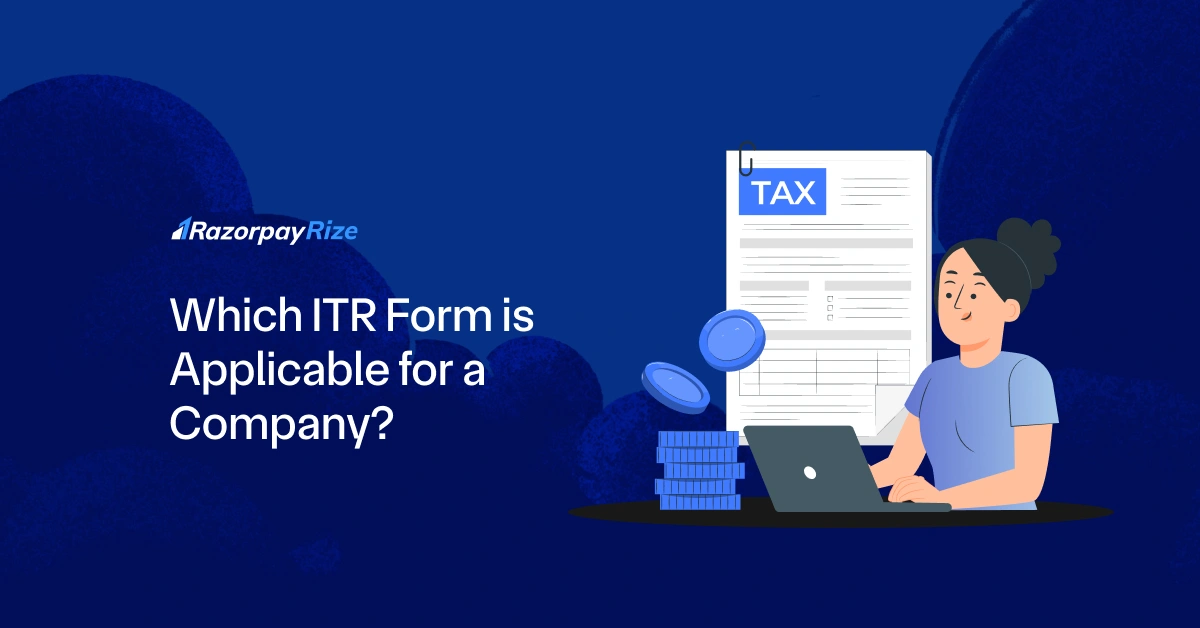As India’s entrepreneurial ecosystem grows rapidly, so does the need to understand the different pathways to formalise a business. Two common routes available to new and small businesses are Startup Registration (under the Startup India initiative) and MSME Registration (now Udyam Registration under the Ministry of MSME).
While both offer government recognition and support, their purpose, growth models, funding access, and compliance paths are distinct. Whether you're building a tech-driven disruptor or running a traditional service business, knowing the difference can help you make better strategic decisions.
Table of Contents
What is a Startup?
A startup is a young company founded to solve a problem through innovation, technology, or a novel business model. Unlike traditional businesses, startups are designed to grow quickly, scale globally, and often operate in uncertain or untested markets.
Key traits of a startup include:
- Innovation-first approach: Either in product, process, or business model
- Scalability: Designed to serve large or global markets with minimal incremental costs
- Technology-driven: Often built on tech platforms or software solutions
- High risk, high reward: Operates in dynamic environments with a focus on fast growth
Startups registered under the Startup India scheme receive benefits such as tax exemptions, fast-track IP protection, and easier compliance processes.
What is an MSME?
Micro, Small, and Medium Enterprises (MSMEs) are the backbone of India’s economy. They focus more on incremental growth, cost efficiency, and local market needs. MSMEs are generally rooted in traditional sectors, such as manufacturing, retail, and services, and aim for sustainable profitability over rapid scaling.
Unlike startups, MSMEs usually:
- Focus on improving existing processes or delivering standard products/services
- Operate with limited risk appetite
- Prioritise steady revenue and employment generation
- Leverage known technologies and business models
MSMEs are recognised under the Udyam Registration system and benefit from credit schemes, subsidies, and easier access to bank loans.
Growth and Scalability
- Startups are designed for rapid growth, often scaling 10x in short timeframes, especially in sectors like fintech, SaaS, healthtech, or edtech. Growth is typically fueled by technology, network effects, and venture funding.
- Conversely, MSMEs prioritise gradual, sustainable growth, often within a well-defined geographic or sectoral niche. Their scaling is rooted in stability, profitability, and local expansion, not exponential leaps.
Risk Appetite and Funding
- Startups thrive in high-risk environments, betting on new ideas or technologies. They actively seek external funding from angel investors, venture capitalists, or startup-specific government schemes (like Fund of Funds for Startups).
- MSMEs are typically risk-averse, aiming for consistent revenue. They rely on traditional funding like bank loans, government subsidies, and schemes like CGTMSE (Credit Guarantee Fund Trust for Micro and Small Enterprises).
Ready to launch your business? Get expert assistance with Startup registration and unlock exclusive benefits today.
Innovation and Adaptability
- Startups focus on disruption; they aim to change how industries work by introducing new tools, services, or models. Agility, rapid experimentation, and quick pivots are part of their DNA.
- MSMEs tend to prioritise adapting existing technologies or methods to improve efficiency. Their innovation is often incremental, refining what already works rather than reinventing it.
Regulations and Compliance
Both startups and MSMEs benefit from supportive government policies, but the nature of compliance and regulatory support varies.
For Startups:
- Eligible for benefits under the Startup India scheme
- Tax holiday for 3 years under Section 80-IAC
- Faster IP protection and easier public procurement norms
- More legal scrutiny as they scale, especially in sectors like fintech, health, or data
For MSMEs:
- Registered under Udyam Registration
- Access to collateral-free loans, subsidies, and credit guarantees
- Simplified compliance norms, especially for micro and small enterprises
- Priority in government tenders and incentives for manufacturing/export
Employment Contribution
- Startups create fewer but highly skilled jobs, especially in product development, data science, marketing, and growth. Their contribution lies in creating future-ready roles and digital talent.
- MSMEs are India’s largest employers after agriculture. They generate mass employment, particularly in manufacturing, services, and rural sectors, contributing significantly to India’s GDP and industrial base.
Market Reach
- Startups often think global from day one. Companies like Freshworks, Byju’s, and Zerodha are built to serve a digital-first, borderless audience.
- MSMEs typically cater to local or regional markets, with products tailored to domestic demand. Some medium-sized enterprises expand globally through exports, especially in textiles, handicrafts, or auto components.
Advantages of a Startup
- High innovation potential and the ability to disrupt industries
- Agility in decision-making and operations
- Rapid scalability with lower marginal costs via digital tools
- Access to VC funding, tax benefits, and government grants
- Lean teams and remote-first models reduce operational overhead
These traits make startups ideal for solving complex problems at scale, especially with technology as a lever.
Advantages of an MSME
- Consistent contributors to India’s economic growth
- Flexibility to adapt to local market changes and demands
- Support regional employment and entrepreneurship
- Strengthen local supply chains and ecosystem resilience
- Benefit from low compliance burdens and cost-effective operations
MSMEs play a foundational role in inclusive growth, uplifting rural economies and providing livelihood opportunities at scale.
Frequently Asked Questions
Private Limited Company
(Pvt. Ltd.)
- Service-based businesses
- Businesses looking to issue shares
- Businesses seeking investment through equity-based funding
Limited Liability Partnership
(LLP)
- Professional services
- Firms seeking any capital contribution from Partners
- Firms sharing resources with limited liability
One Person Company
(OPC)
- Freelancers, Small-scale businesses
- Businesses looking for minimal compliance
- Businesses looking for single-ownership
Private Limited Company
(Pvt. Ltd.)
- Service-based businesses
- Businesses looking to issue shares
- Businesses seeking investment through equity-based funding
One Person Company
(OPC)
- Freelancers, Small-scale businesses
- Businesses looking for minimal compliance
- Businesses looking for single-ownership
Private Limited Company
(Pvt. Ltd.)
- Service-based businesses
- Businesses looking to issue shares
- Businesses seeking investment through equity-based funding
Limited Liability Partnership
(LLP)
- Professional services
- Firms seeking any capital contribution from Partners
- Firms sharing resources with limited liability
Frequently Asked Questions
Can a startup register as an MSME?
Yes, a startup can register as an MSME (now called Udyam Registration) as long as it meets the investment and turnover criteria defined for Micro, Small, or Medium Enterprises under the MSME classification.
What are the benefits of registering startups as MSMEs?
Registering a startup under the MSME (Udyam) scheme offers several advantages, especially in terms of financial and operational support. Key benefits include:
- Access to Collateral-Free Loans
- Subsidised Patent and Trademark Fees
- Priority in Government Tenders
- Interest Subsidies on Loans
- Easier Access to Credit and Finance
- Eligibility for Government Incentives and Subsidies
Who cannot register under MSME?
Not all businesses or entities are eligible for MSME registration. The following cannot register as an MSME under the Udyam scheme:
- Non-business Entities
- Foreign Companies and Subsidiaries
- Large Enterprises
- Agricultural Activities
- Duplicate or Multiple Registrations







.webp)








